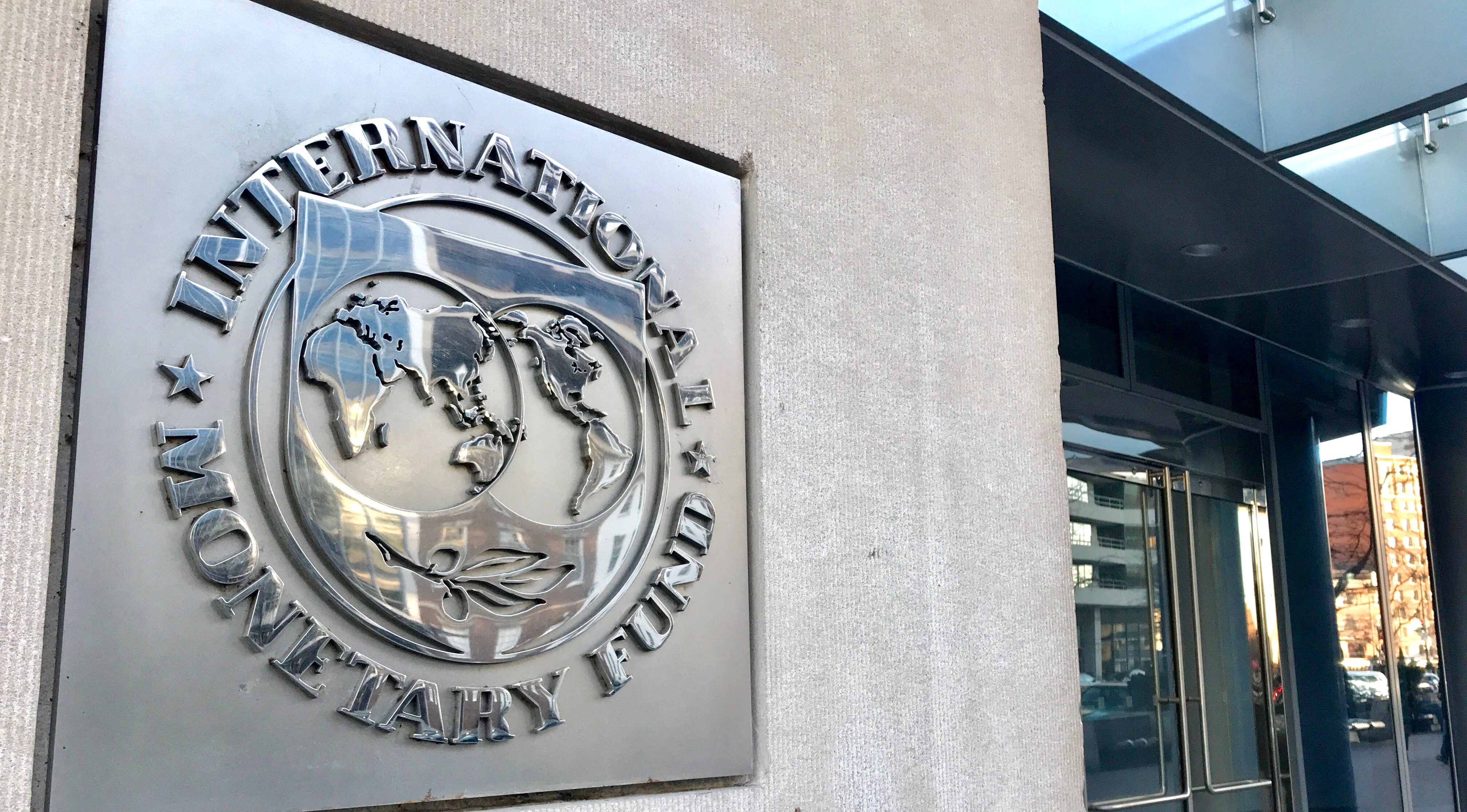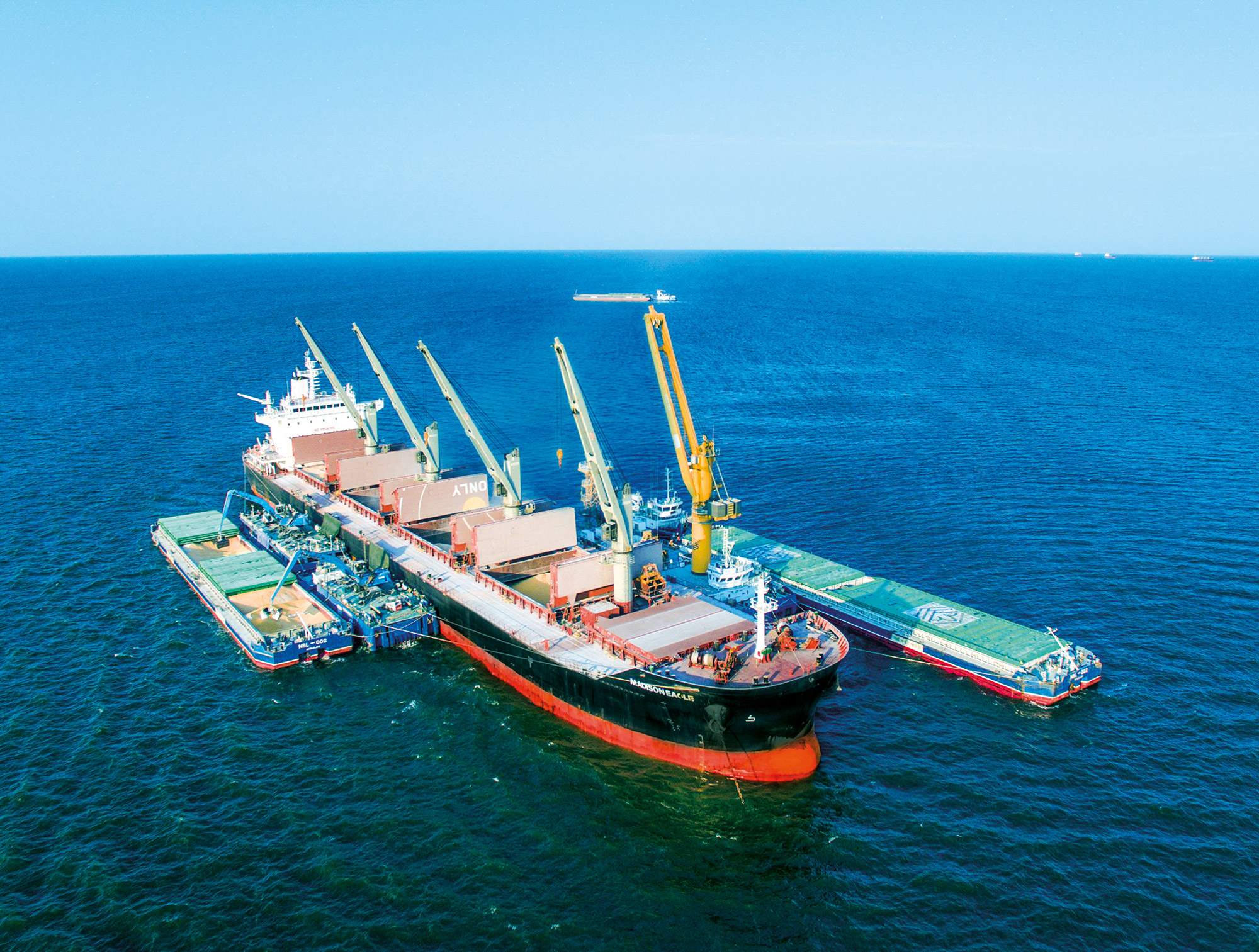[vc_row][vc_column width=”1/2″][vc_column_text]
Belgium
The light green area is the rest of the European Union
Belgium is the 23rd largest economy in the world by nominal GDP in 2018. GDP per capita is $46,556, which is above the average for high income and OECD countries. In 2018, trade was around 175 percent of GDP reflecting Belgium's central location in Western Europe, its multi-lingual workforce, and its efficient transport infrastructure — Belgium was ranked third in the world in the World Bank's Logistical Performance Index for 2018. It is a member of the EU and OECD. The EU and NATO are headquartered in Brussels. Services was the largest economic sector in 2018 (69 percent of GDP), followed by manufacturing (12.8 percent), and agriculture (0.7 percent). In 2017, the largest export sectors were chemicals (23.6 percent), services (22 percent), agriculture (10.3 percent), vehicles (9.09 percent), and machinery (8.8 percent). The largest individual exports were ICT services (13 percent), cars (5.74 percent), refined petroleum (4.8 percent), transport services (4.8 percent), medicaments (4.6 percent), and diamonds (2.9 percent). Its largest export partners were Germany (16.75 percent), France (15 percent), the Netherlands (11.92 percent), and the UK (7.83 percent). The largest goods imports were cars (7.4 percent), diamonds (4.64 percent), refined petroleum (4.43 percent), and medicaments packaged (4.3 percent). Belgium was one of the first countries to industrialise in continental Europe. Industry is concentrated around Brussels, Liège and Charleroi. The country quickly recovered after World War Two benefiting from its limited destruction during the war and from the Marshall Plan. It has a played key role in the development of the EU with its close political and economic integration with the Netherlands and Luxembourg (Benelux) providing a driving force. Benelux began with a customs union in 1944, became an economic union in 1958, and a new treaty was signed in 2008 to continue and further integration within the EU. The role of government expanded between the 1960s and 1980s and public debt increased but this was addressed with fiscal reforms in the 1980s and 1990s. The global financial crisis led to a banking crisis, with leading bank Fortis nationalised and 75 percent then sold to BNP Paribas. Since the crisis, growth has been slower, but Belgium remains one of the most competitive economies in Europe.
[/vc_column_text][vc_column_text] Its population in 2018 was 11,498,519 [1]
Its population in 2018 was 11,498,519 [1]
 In 2015, 9.20% of its total energy
In 2015, 9.20% of its total energy
consumption was renewable [2]
 In 2021, its GDP grew by 6.24% [2]
In 2021, its GDP grew by 6.24% [2]
 In 2021 it had a positive Current
In 2021 it had a positive Current
Account Balance of US$bn 5.58 [3]
 Its unemployment rate in 2021 was 6.28% [3]
Its unemployment rate in 2021 was 6.28% [3]
 Its Expenditure on R&D (as a percentage of
Its Expenditure on R&D (as a percentage of
GDP) in 2020 was 3.48% [2]
What free trade areas or economic unions is it a member of?
Member of the European Union (EU) since 25/03/1957
Other members:
Austria, Bulgaria, Croatia, Cyprus, Czechia, Denmark, Estonia, Finland, France, Germany, Greece, Hungary, Ireland, Italy, Latvia, Lithuania, Luxembourg, Malta, Netherlands, Poland, Portugal, Romania, Slovakia, Slovenia, Spain, Sweden
What trade deals are there between European Union and other countries and economic unions?
EU - Andorra Customs Union (from 01/01/1991)
European Single Market (SM) (from 01/01/1993)
EU - Sri-Lanka Co-operation and Partnership Agreement (from 01/04/1995)
EU - Türkiye Customs Union (from 31/12/1995)
EU - Faroe Islands Agreement (from 01/01/1997)
EU - Palestinian Authority Interim Association Agreement (from 01/07/1997)
EU - Tunisia Association Agreement (from 01/03/1998)
EU - Armenia Partnership and Cooperation Agreement (from 09/09/1999)
EU - Morocco Association Agreement (from 01/03/2000)
EU - Israel Association Agreement (from 01/06/2000)
EU - Mexico Global Agreement (from 01/10/2000)
EU - San Marino Customs Union (from 01/04/2002)
EU - Jordan Association Agreement (from 01/05/2002)
EU - North Macedonia Stabilisation and Association Agreement (from 01/04/2004)
EU - Pakistan Co-operation agreement (from 29/04/2004)
EU - Egypt Association Agreement (from 01/06/2004)
EU - Chile Association Agreement and Additional Protocol (from 01/03/2005)
EU - Algeria Association Agreement (from 01/09/2005)
EU - Lebanon Association Agreement (from 01/04/2006)
EU - Albania Stabilisation and Association Agreement (from 01/04/2009)
EU - Pacific States Interim EPA (from 20/12/2009)
EU - Montenegro Stabilisation and Association Agreement (from 01/05/2010)
EU - Central America Association Agreement (from 01/08/2013)
EU - Serbia Stabilisation and Association Agreement (from 01/09/2013)
EU - Bosnia and Herzegovina Stabilisation and Association Agreement (from 01/06/2015)
EU - South Korea Free Trade Agreement (from 01/07/2015)
EU - Kosovo Stabilisation and Association Agreement (from 01/04/2016)
EU - Georgia Association Agreement (from 01/07/2016)
EU - Moldova Association Agreement (from 01/07/2016)
EU - Canada Comprehensive Economic and Trade Agreement (CETA) (from 21/09/2017)
EU - Eswatini (SADC) Economic Partnership Agreement (from 05/02/2018)
EU - Lesotho (SADC) Economic Partnership Agreement (from 05/02/2018)
EU - Mozambique (SADC) Economic Partnership Agreement (from 05/02/2018)
EU - Namibia (SADC) Economic Partnership Agreement (from 05/02/2018)
EU - South Africa Economic Partnership Agreement (from 05/02/2018)
EU - Botswana (SADC) Economic Partnership Agreement (from 05/02/2018)
EU - Japan Economic Partnership Agreement (from 01/02/2019)
EU - Eastern and Southern Africa States free trade agreement (from 07/02/2019)
UK - EU Trade Deal (from 01/01/2021)
[/vc_column_text][vc_column_text]What trade deals are there with other countries and economic unions?
None
[/vc_column_text][/vc_column][vc_column width=”1/2″][vc_column_text]The View From Belgium: Top Banker Pleads for Caution
Steve Fechheimer: Brewing Up a Storm to Combat Climate Change
Ageas CEO Hans de Cuyper: Ensuring a Sustainable Future for the Insurance Industry
KBC Asset Management with CEO Johan Lema: ‘Everyone Invested’ Strategy Has Taken Belgian Firm to Prominence
Sanctions Against Russia Resemble a Boxing Match
Too Much of a Good Thing: Inflation Spike Puzzles ECB – Engage or Ignore?
Johan Thijs: Proud, Profitable and Prepared for Anything – KBC Weathers the Storm
Global Imbalances and the Pandemic
NIBULON: To Feed the World
Whilst Trade Talks Falter, Brits Celebrate Vaccine First
Trade with the United Kingdom
Source: UK Office for National Statistics, October 2022.
Contains public sector information licensed under the Open Government Licence v3.0.


























































































